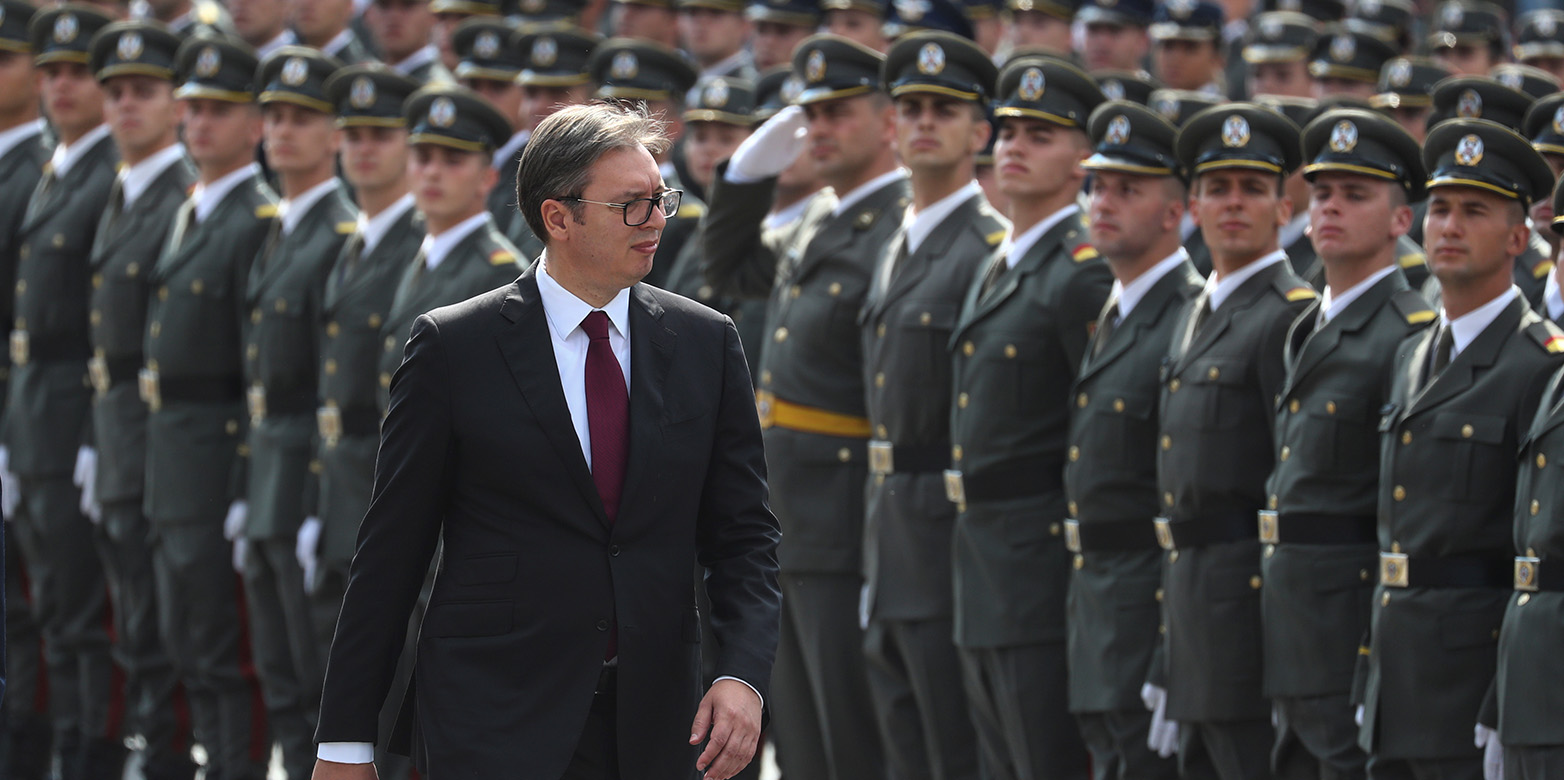Undermining Trust: Rearmament in the Western Balkans
In recent years, states in the Western Balkans have increasingly rearmed. The arms purchases – often accompanied by nationalist rhetoric – endanger the fragile trust in a region where conflicts remain unresolved, argue Andrej Marković and Jeronim Perović. Serbia plays a key role in these dynamics. Belgrade also uses arms purchases to deepen its relations with Russia and China.

Over two decades have passed since the end of the Yugoslav wars. Relations between the successor states – some of them former war enemies – have significantly improved. But unresolved conflicts continue to jeopardize stability in the Western Balkans. The relationship between Croatia and Serbia is fraught with tensions. In Bosnia-Herzegovina, the political elites of the constituent peoples cannot agree on the constitutional order of their state. Belgrade still does not recognize the independence of its former province of Kosovo, proclaimed in 2008. In particular, the future of the Serb population in Kosovo remains unclear.